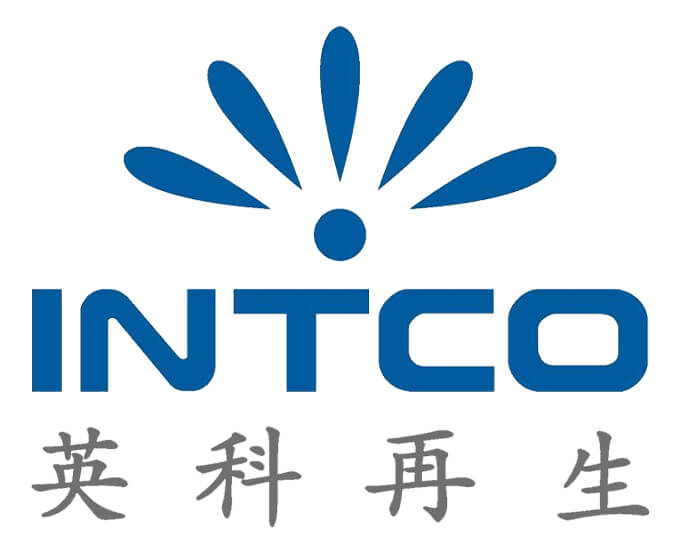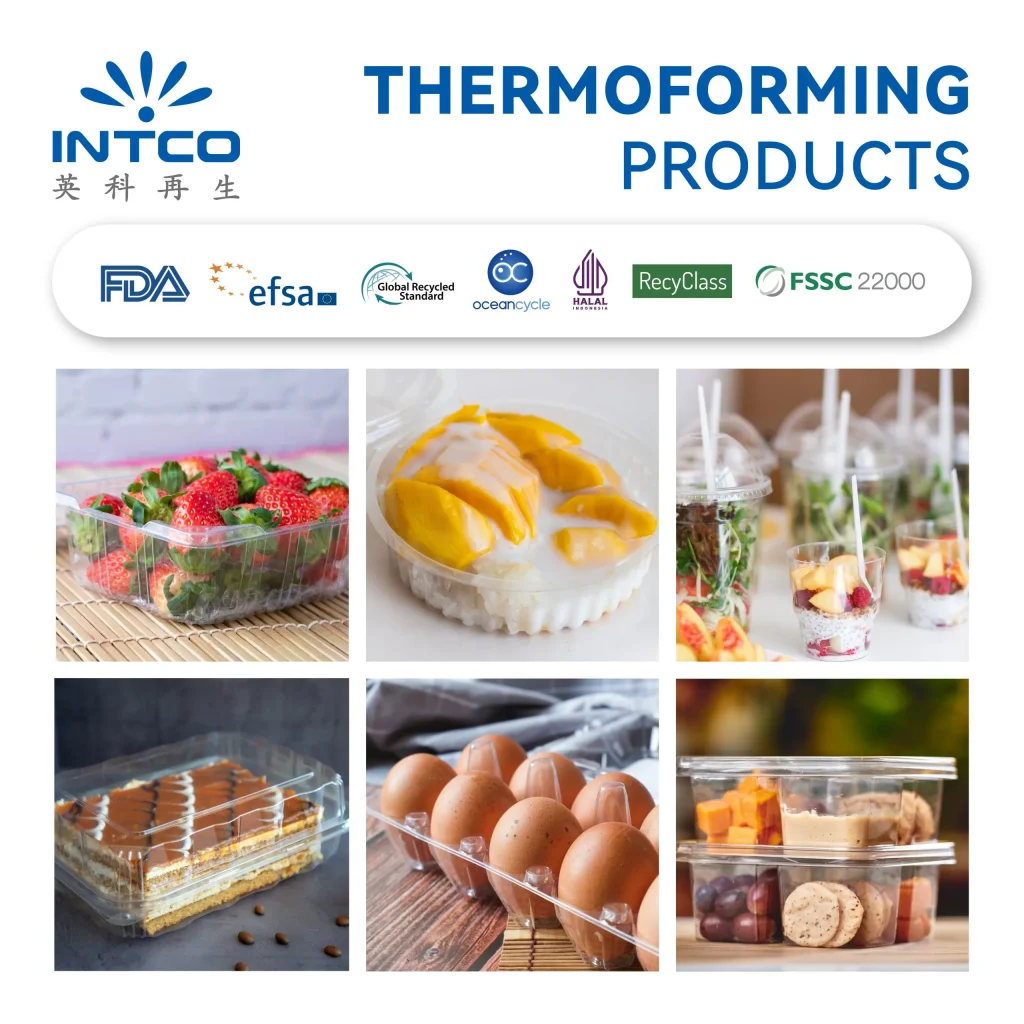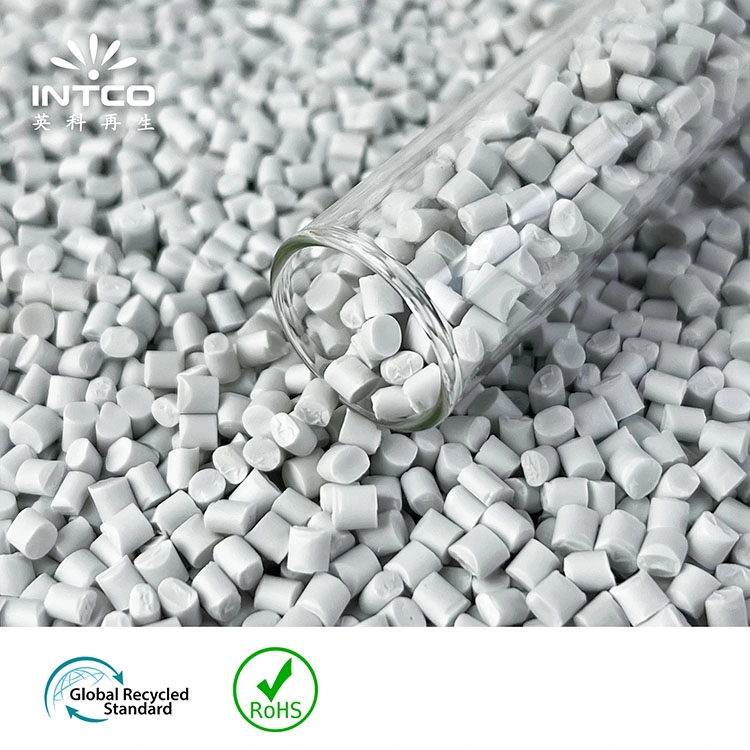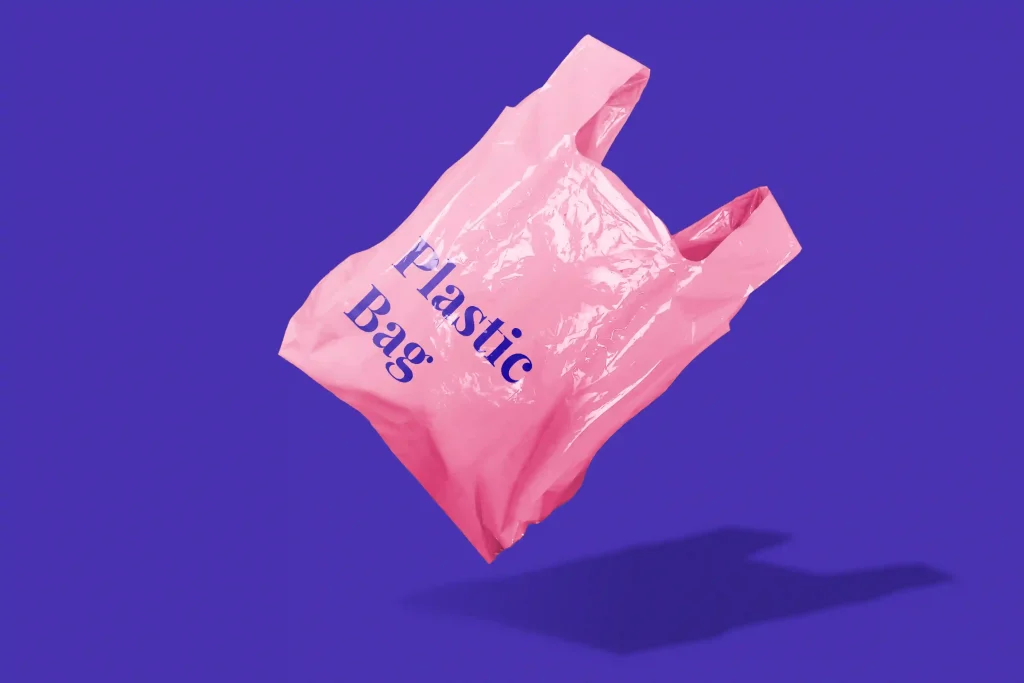Food-grade rPET is emerging as a sustainable solution for food packaging, aligning with the global shift towards environmentally responsible practices. As the need for sustainable solutions intensifies, the use of recycled materials in food packaging is gaining traction. This article delves into future trends in the food grade rPET market, discussing its definition, benefits, leading industry players, innovative products, and future trends.
Food-grade rPET
Recycled Polyethylene Terephthalate, commonly known as rPET, refers to recycled PET that has been reprocessed to create new products. It is derived from post-consumer PET bottles, which undergo a thorough purification and recycling process to produce high-quality material suitable for various applications, including food packaging. Food-grade rPET specifically meets the stringent safety and quality standards set by regulatory bodies, making it a viable alternative to virgin PET in the food industry. As recycling technology evolves, the acceptance of rPET in food packaging continues to increase, showcasing its potential to promote sustainability.
Benefits of Using rPET in Food Packaging
Environmental Impact
The use of food-grade rPET in packaging contributes significantly to reducing environmental impacts. By utilizing recycled materials, the demand for virgin plastic production decreases, leading to a reduction in fossil fuel consumption, greenhouse gas emissions, and waste accumulation in landfills. Furthermore, the circular economy model associated with rPET promotes sustainable practices, enabling consumers and manufacturers to minimize their ecological footprints. This shift not only benefits the environment but enhances brand image by aligning with the growing consumer preference for sustainable products.
Economic Advantages
In addition to its environmental benefits, food-grade rPET offers economic advantages for manufacturers. The price parity between recycled and virgin materials allows businesses to maintain competitive pricing while embracing sustainable practices. Investing in rPET can lead to cost savings in raw material procurement while promoting corporate responsibility. The increasing consumer demand for sustainable packaging solutions also positions companies that adopt rPET favorably in the market, potentially leading to increased market share and profitability.

Industry Leader: INTCO Recycling
Contribution to the rPET Market
INTCO Recycling is at the forefront of the rPET market, contributing significantly to the development and promotion of food-grade rPET products. As a leader in recycling technology, INTCO works to improve the quality and efficiency of rPET production processes. Its commitment to sustainable practices is evident in its initiatives aimed at increasing recycling rates and reducing plastic waste. By setting high standards in the rPET supply chain, INTCO helps facilitate the wider acceptance of rPET in food packaging applications.
Innovations and Technological Advancements
Innovation is vital to the growth of the food-grade rPET market, and INTCO Recycling is leading the way with technological advancements that enhance the quality and usability of rPET. Through continuous research and development, the company focuses on improving recycling processes and producing high-quality rPET materials that meet food safety standards. These technological advancements also work to optimize the supply chain by reducing production costs and increasing efficiency, making food-grade rPET an accessible option for manufacturers.
Representative Products of Food-grade rPET
Food-grade R-PET Pellets
INTCO MALAYSIA offers Food-grade R-PET Pellets, a sustainable and eco-friendly material derived from post-consumer PET bottles. These pellets are versatile and widely used in various industries, including beverage bottling, food packaging, fibers, textiles, and straps. The product’s Food Grade certification by the FDA and EFSA ensures its safety for direct contact with food and beverages, making it an ideal choice for manufacturers seeking to incorporate recycled materials into their products without compromising on quality or safety standards.
One of the key advantages of INTCO’s Recycled PET Pellets is its ability to be used in up to 100% rPET bottles, allowing for a significant reduction in the use of virgin materials and minimizing the environmental impact of plastic waste. This product’s certification with organizations such as GRS further underscores its commitment to sustainability and transparency in the recycling process. Whether it’s for water bottles, carbonated soft drinks (CSD) containers, or other food packaging applications, INTCO’s Food-grade R-PET Pellets offer a reliable and environmentally responsible solution for businesses looking to adopt circular economy practices.
Food-grade R-PET Sheet
The Food-grade R-PET Sheet is a premium material designed to meet the rigorous demands of the food and beverage packaging industry. With its exceptional light transmittance, mechanical strength, and high resistance to oxygen and water vapor, this sheet offers unparalleled protection for packaged products. Its ABA three-layer co-extrusion structure ensures optimal performance, while its compliance with EFSA and FDA food safety certifications guarantees the safety of products in contact with the sheet. Additionally, the sheet can be customized with special functional additives and high-end designs to meet specific requirements, making it a versatile and reliable choice for manufacturers.
INTCO’s Food-grade R-PET Sheet boasts a significant advantage in its ability to be customized with varying percentages of rPET content, ranging from 30% to 100%. This flexibility allows manufacturers to choose the right balance between sustainability and cost-effectiveness, meeting their specific needs and goals. Its excellent flavor barrier properties and easy thermoforming characteristics make it ideal for a wide range of packaging applications. Furthermore, the sheet’s exceptional impact resistance, high transparency, and gloss add to its aesthetic appeal and durability, making it a preferred choice for high-end packaging solutions. Whether you’re looking to enhance the sustainability of your packaging or create eye-catching designs, INTCO’s Food-grade R-PET Sheet is the perfect solution.
In conclusion, the future trends in the food-grade rPET market indicate a robust growth trajectory shaped by environmental concerns and consumer preferences for sustainable packaging. As industry players like INTCO Recycling innovate and enhance recycling technologies, the potential for food-grade rPET to replace traditional packaging materials expands. The ongoing commitment to sustainability, coupled with the economic advantages of using food-grade rPET, bodes well for the future of food packaging.
Emerging Trends in Food-grade Recycled PET Market
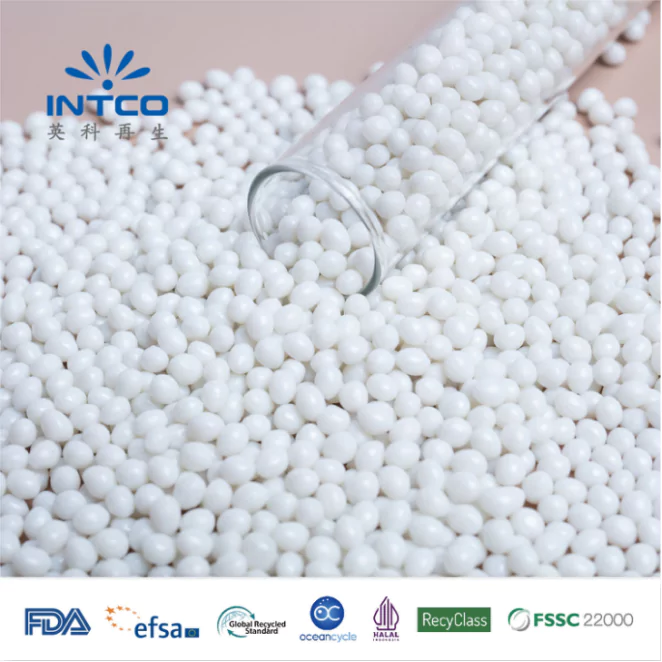
Advances in Recycling Technologies
The advancements in recycling technologies are pivotal to the growth of the food-grade rPET market. Enhanced sorting and purification processes allow for the more effective recovery of high-quality PET from post-consumer waste. Innovations such as advanced mechanical recycling and chemical recycling techniques are extending the capabilities of recycling facilities. These processes enable the transformation of high-quality rPET that meets food safety standards, thereby increasing its acceptance in food packaging applications. Moreover, the development of new recycling methods ensures that the properties of rPET can rival those of virgin PET, thereby alleviating apprehensions surrounding the quality and safety associated with recycled materials.
As technology progresses, we can expect to see greater investment in facilities capable of producing food-grade rPET. The increase in recycling capacity not only supports local economies but also aligns with the global commitment to minimizing plastic waste. Enhanced recycling processes result in lower energy consumption compared to the production of virgin materials, making the entire lifecycle of food-grade rPET more sustainable. Furthermore, robust regulatory frameworks are emerging, which bolster the credibility and reliability of food-grade rPET as a superior packaging material.
Applications and Innovations in Various Sectors
The applications of food-grade rPET are expanding across different sectors, demonstrating its versatility and effectiveness. In the beverage sector, companies are now producing bottles made entirely from food-grade rPET, reinforcing a circular economy model and promoting consumer awareness about sustainability. The food sector is also increasingly adopting food-grade rPET for packaging products such as snack foods, salads, and prepared meals, which require materials that maintain freshness and flavor.
Innovative uses of food-grade rPET go beyond traditional packaging solutions. For instance, some companies are creating thermoformed containers and trays that are made entirely from food-grade rPET, effectively replacing single-use plastics in various food applications. The interoperability of food-grade rPET across sectors demonstrates its adaptability and proves it to be a resilient and sustainable option for diverse packaging needs.
As brands continue to embrace eco-friendly practices, the collaborative efforts in research and development among companies, universities, and research institutions will likely result in innovative product lines centered around food-grade rPET. These collaborations aim to explore new uses and improve the existing properties of rPET products, driving future market growth while meeting the increasing standards of sustainability.
Growing Demand for Sustainable Solutions
There is a marked increase in the demand for sustainable solutions driven by heightened environmental awareness among consumers and regulatory bodies. Retailers and manufacturers are actively seeking packaging materials that reflect their commitment to sustainability, and food-grade rPET is emerging as a favorable alternative. Consumers are increasingly inclined to support brands that prioritize environmental responsibility, and this is influencing purchasing decisions across various product categories. Consequently, businesses employing food-grade rPET not only stand to enhance their public image but also potentially increase their market share in a progressively eco-conscious consumer landscape.
The convergence of consumer demand, regulatory pressure, and corporate responsibility initiatives collectively reinforces the importance of food-grade rPET in the future of sustainable packaging. As businesses adopt circular economy principles, they set the stage for a higher demand for food-grade rPET alternatives, further anchoring its position in the packaging market.
In summary, the future of food-grade rPET appears promising with advancements in recycling technologies enhancing product quality, an expanding range of applications across various sectors, and escalating consumer demand for sustainable solutions driving the market forward. As sustainability becomes an imperative rather than an option, food-grade rPET will play a vital role in shaping the future of food packaging, contributing to a more sustainable and responsible global economy.
